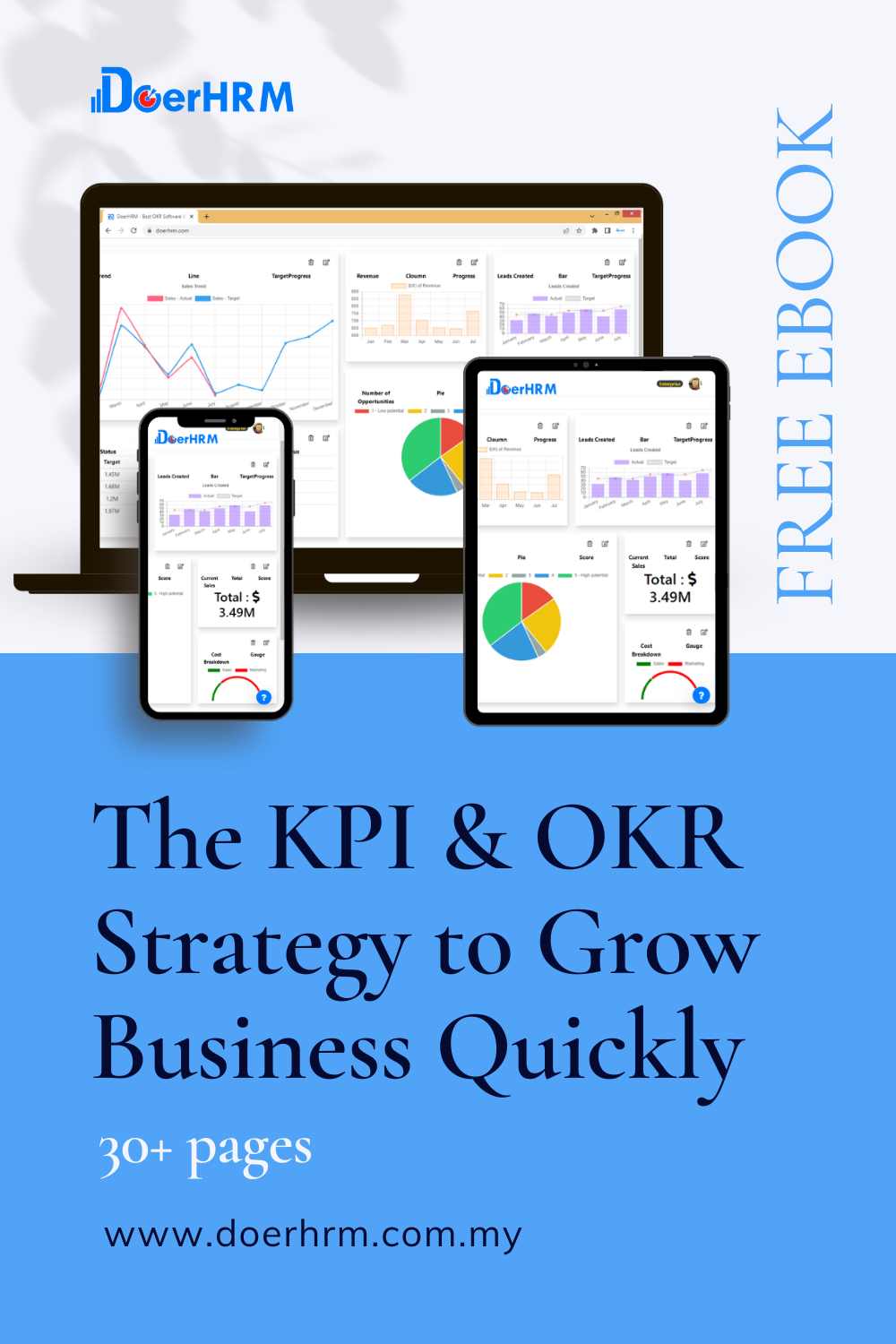The relationship between an employee and their manager defines their experience at work. That gives them a lot of power over how well or badly their team does. No matter how carefully they were made at the strategic level, the culture, policies, and values of a company all flow through the manager.
The way a manager does his or her job affects the health of the organisation and all aspects of an employee’s life, including engagement, growth and development, and productivity. And if you set up the right structures to help your people, you can give good managers the tools they need to become great.
When managers lack sufficient skills, they make the people who work for them feel stressed, frustrated, and unmotivated. Managers can literally make or break the happiness of their employees at work. Because of this, 63% of people who work for a bad manager are thinking about leaving in the next 12 months.
Problems like these aren’t just personal and should be dealt with on a team level. Managers who aren’t good at their jobs can ruin important business metrics like turnover, retention, and morale.
Impact of Ineffective Management on Performance
- Low motivation. This is disappointing and demotivating for employees, who are unaware of their performance and where they stand. Employees continue to underperform and, as a result, get even less appreciation, resulting in an endless loop.
- High turnover and low retention. Turnover rates are one of the most obvious markers of managerial effectiveness. Managers that do not motivate their teams to achieve their best job produce restless, unhappy employees who seek professional growth elsewhere.
- High burnout. Workplace problems aren’t limited to the 9 to 5. Manager-related stress may have major consequences outside of work, possibly leading to physical disease and burnout. When impacted employees need to take time off, other employees are overburdened to compensate for their absence. This worsens the situation.
- Low productivity. Ineffective managers often fail to offer their employees enough clarity on roles, expectations, and tasks. This creates an atmosphere in which employees are ill-equipped to execute their best job and struggle to prioritise and finish key tasks.
The Impact of Effective Managers on Organizational Health
People management is an acquired talent that may be improved through training and experience. Manager performance may be enhanced if given the proper care and attention. Better still, it will have a snowball effect on your company as a whole, resulting in increased productivity, happier employees, and a better overall work environment. Here are some reasons why making managers more effective affects the health of an organisation.
- It teaches managers how to be effective coaches. Even while managers have a significant impact on employee engagement, most lack the tools and support they need to effectively coach their teams. Most individuals are promoted to managerial positions because of their exceptional technical abilities, not because of their interpersonal and managerial capabilities. Managers nowadays need to be experts in soft skills like emotional intelligence, empathy, and compassion if they want to contribute to the success of their organisation. The combination of strategic day-to-day operations with these apparently softer talents results in a robust framework and efficient management style.
- It encourages management based on strengths. Those at the top can help people at every level develop their leadership skills by giving them the space and tools they need to find their natural talents. But companies don’t always use these skills because they don’t take the time to figure out what their employees’ real talents are. When managers look for their employees’ unique strengths and create an environment that builds on those strengths, businesses can stay flexible even when times are tough. Also, giving employees the chance to get good at certain skills and the space to do their best work helps them become more motivated to do their best work on their own.
- It gives managers the right tools and ways to do things. Systems for an organisation are made at the top, but it’s the managers’ job to make sure they work by helping each employee succeed. Give your managers the tools and methods they need to better support their teams. These structures, like one-on-one meetings, check-ins, and keeping track of goals, help your managers and their employees be successful in the short and long term.
Want to dive even deeper into the topic of managerial efficiency? Check out our Online Course, Management Coaching: Coaching Employees for Continuous Improvement to discover more about how coaching can help managers to improve their efficiency.









